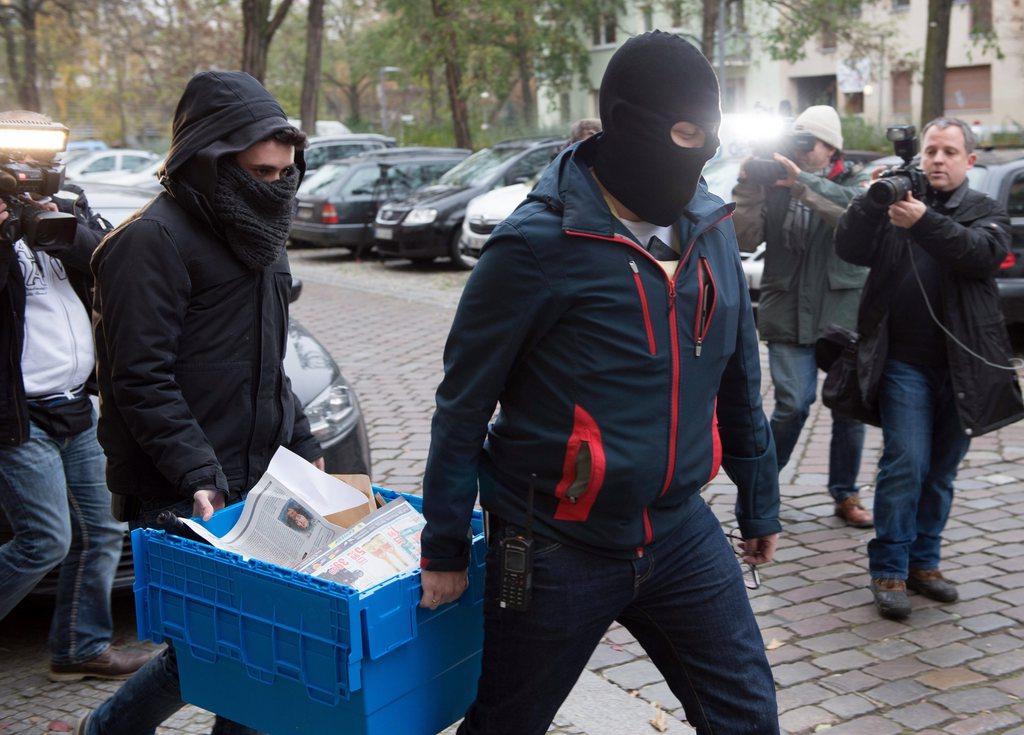Probe opened into suspected Swiss-based Islamic extremists

Switzerland has opened criminal proceedings against several people suspected of links to terrorist organisations, after morning raids at hundreds of homes in Germany.
The investigations have been opened against people who are or were involved in a Koran-distributing initiative run by ultra-conservative Muslims. Known for handing out the Muslim holy book on streets as part of a campaign called “Lies!” (German for ‘Read’), those involved are part of the Salafist movement in Islam, which takes a fundamentalist approach to the religion and rejects modern changes or innovations.
The Office of the Attorney General said on Tuesday it was working with Germany on the investigation. The office’s spokesperson told swissinfo.ch that the people are suspected of participating in or supporting a criminal organisation and also potentially violating the federal law that prohibits groups such as Islamic State (ISIS), al-Qaeda or affiliated groups. Those involved are of Swiss and other nationalities.
There is no investigation currently running against an association, the office stated. Under Swiss law the authorities cannot ban organisations or associations, it added. In a statement given to swissinfo.ch, the office added that despite this, it did not “prevent the law enforcement agencies from acting as required”.
German raids
Early on Tuesday morning hundreds of police officers raided 200 homes across Germany. This came after the country banned a group called the “True Religion”, which is behind the “Lies!” project.
German Interior Minister Thomas de Maizière said the True Religion group had persuaded about 140 people to join militants in Iraq and Syria.
About 70 people are involved in ongoing proceedings in terror investigations in Switzerland and three are under arrest.

In compliance with the JTI standards
More: SWI swissinfo.ch certified by the Journalism Trust Initiative











You can find an overview of ongoing debates with our journalists here . Please join us!
If you want to start a conversation about a topic raised in this article or want to report factual errors, email us at english@swissinfo.ch.